Growing population, rising wealth and rapid urbanization, not supported by appropriate waste management systems, have been fueling a global waste crisis.
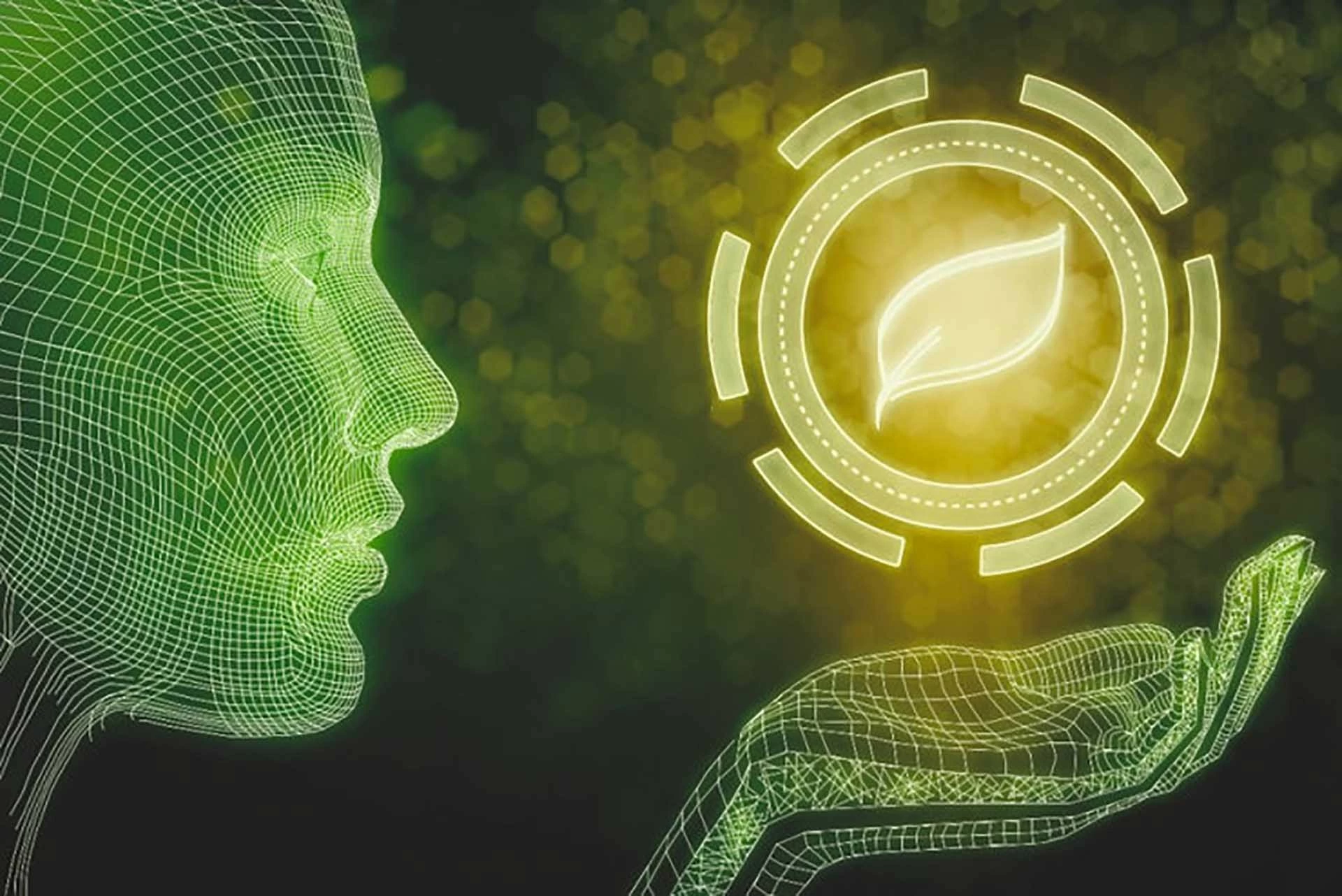 |
| Developing a circular economy not only brings environmental benefits, but also creates new economic opportunities. (Source:idatax.in) |
Circular economy (KTTH) is generally understood as an economic model that operates in a circle. Accordingly, the waste products of one activity are the raw materials of a new activity, forming a closed loop. Thanks to that, the value of products, raw materials and resources is maintained in the economy for the longest time, helping to use resources as input materials and minimize waste, significantly reducing environmental pollution and emissions.
Global waste crisis?
A study on circular economy by the Asia-Pacific Economic Cooperation (APEC) Secretariat concluded that waste generation is a global problem that is getting worse. The World Bank (WB) warned that the amount of solid waste worldwide will increase by 69% annually from 2 billion tons in 2016 to 3.4 billion tons in 2050.
High-income economies contribute a third of global waste, despite having only 16% of the world’s population. Low-income economies generate more waste per capita – a problem exacerbated by inefficient waste management systems and lack of awareness.
Poorly managed waste is a source of ocean pollution, greenhouse gas emissions, landscape pollution, and harm to health and the economy. In particular, plastic waste management is more difficult because plastic is not only non-biodegradable, but is still being produced in huge quantities.
According to a United Nations report, the world produces more than 300 million tons of plastic waste per year, of which 79% ends up in landfills or in the natural environment, 12% is burned and only 9% is recycled. Every minute, about 1 million plastic bottles and 5,000 billion plastic bags are consumed. Plastic pollution has become one of the world's most pressing environmental problems, threatening the living environment and livelihoods of people.
The APEC region is not a “special case” that can stand aside from the waste crisis. Regional leaders have repeatedly voiced their concerns, emphasizing that the solution does not lie within the boundaries of any one country or economy, but requires collective and immediate action from all of us.
Accordingly, the circular economy is proposed as a viable solution, replacing the familiar linear economy - which discards materials after one use - by encouraging the sustainable and efficient use of resources, with near-zero waste and the regeneration of natural systems.
At the latest event on circular economy co-organized by the APEC Secretariat (October 24) - International Workshop on "Developing circular economy in agriculture: The path to sustainable development in APEC economies", experts once again affirmed that the transition from linear economy to circular economy is essential for all economies in the world.
Let trash not be trash
Experience from some APEC economies such as the Philippines, Thailand, Malaysia, China and Japan shows that the application of circular economy not only brings environmental benefits, but also creates new economic opportunities, improves public health and enhances business competitiveness.
Therefore, circular economy with its focus on reuse, recycling and optimization of resource use, offers opportunities not only to minimize negative impacts on the environment but also to promote innovation and creativity in industries. This model helps to reduce pressure on natural resources and create sustainable economic value, opening up new opportunities for businesses and communities.
The Philippines has made significant strides in promoting circular economy, particularly through policies and initiatives on waste management and renewable energy. The Solid Waste Management Act was enacted to enhance waste management through source separation, recycling, and sustainable disposal. The Act requires all cities and municipalities to have a solid waste management plan, covering the collection, transportation, treatment, and disposal of waste. This contributes to raising public awareness and promoting the participation of both businesses and citizens in the recycling process.
Similarly, one of Malaysia’s standout projects is the “Green Factory” – where businesses are encouraged to reuse and recycle materials, improve product design to extend product life and reduce waste. The government strongly supports businesses participating in this project, providing preferential loans and technical assistance and training programs to help them adopt sustainable production processes.
Since 2016, China has established more than 5,095 green factories, 371 green industrial parks and 605 green supply chain management enterprises, with nearly 35,000 green products. One of the key initiatives is the development and application of material recycling and reuse technologies, especially in the battery industry. Beijing has introduced a comprehensive battery recycling policy system, monitoring and management from production to reuse and final disposal, establishing an efficient battery recycling system, minimizing environmental impact and enhancing the sustainability of the industry.
Thailand’s typical efforts in developing a circular economy are the establishment of green factories and green industrial parks. From 1995 to 2024, Thailand built more than 6,000 green factories at the provincial and municipal levels, along with nearly 300 green industrial parks. The Thai government established more than 35,000 green products, focusing on developing green supply chains and eco-design, which help to minimize environmental impacts and create sustainable economic value.
Experience from Japan shows that building a circular economy requires a comprehensive policy framework and strong commitment from both the public and private sectors. Supporting policies, together with close collaboration among stakeholders and the development of advanced technologies, are key to success.
In reality, circular economy is increasingly asserting itself as a strategic direction in every economy, especially in the context of increasingly depleted natural resources and environmental pollution becoming an urgent problem.
Source: https://baoquocte.vn/kinh-te-tuan-hoan-con-duong-phat-trien-ben-vung-292860.html








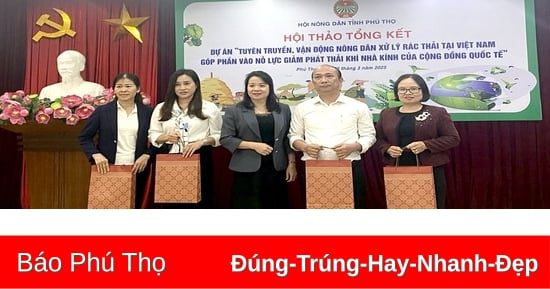

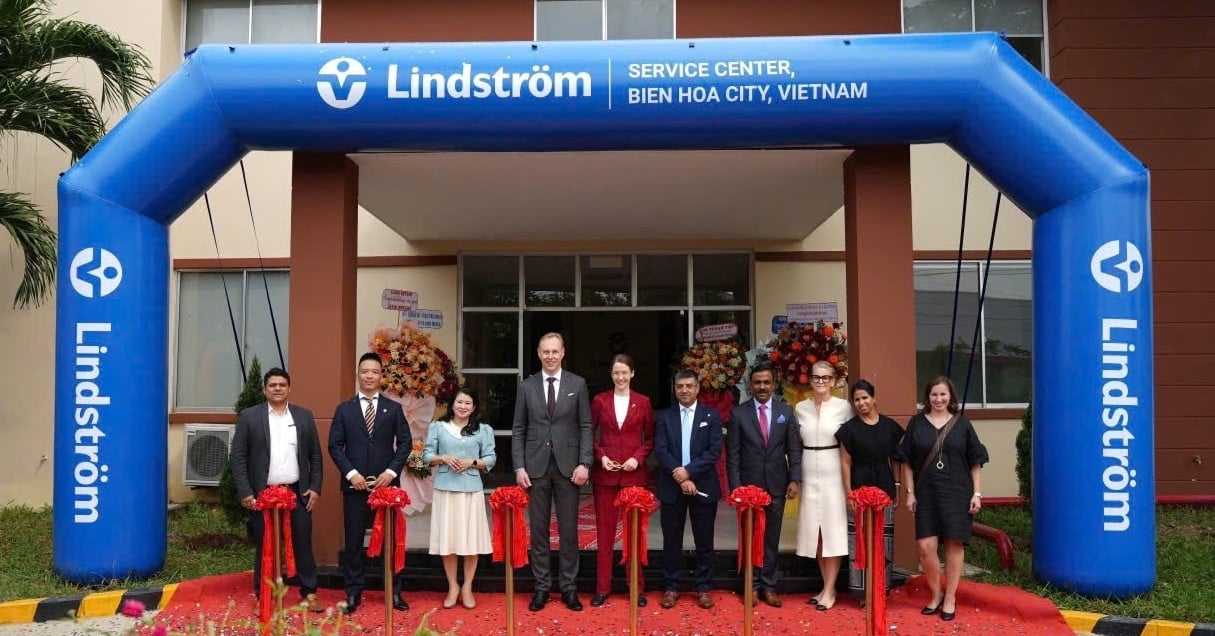

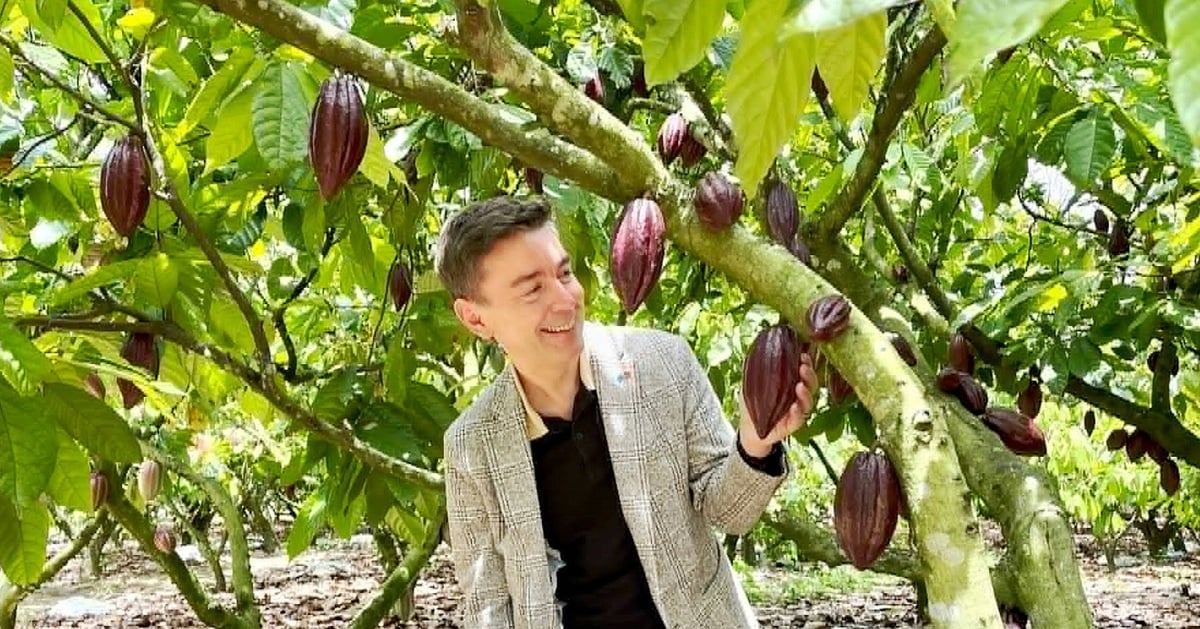


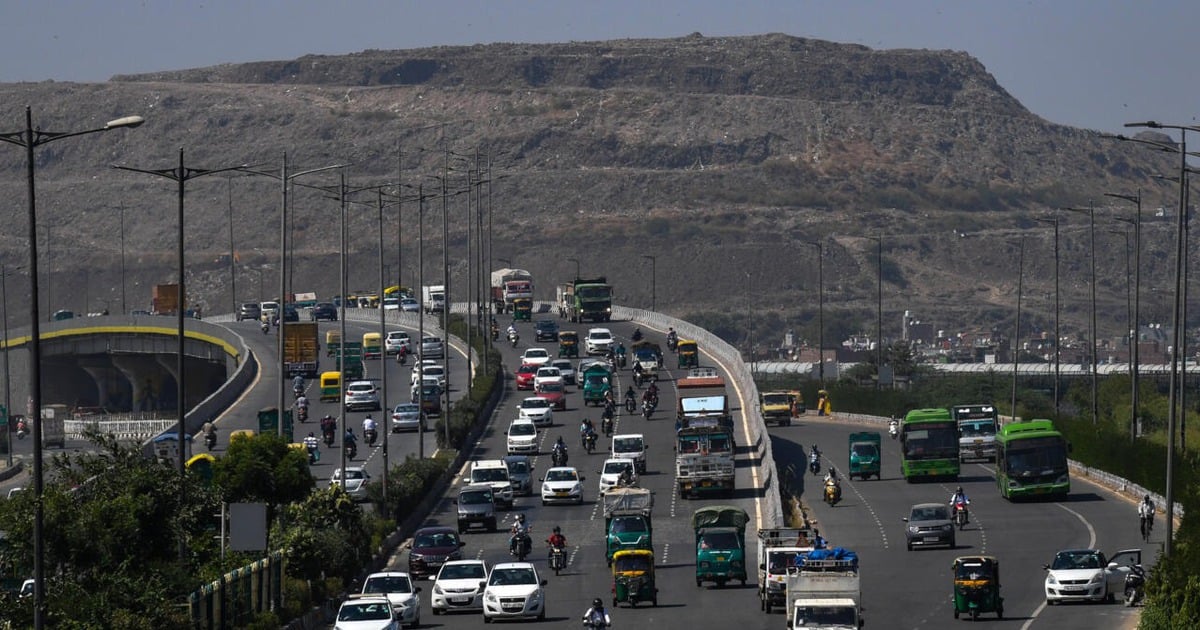

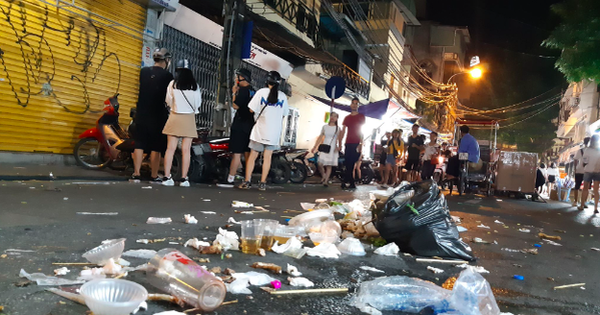


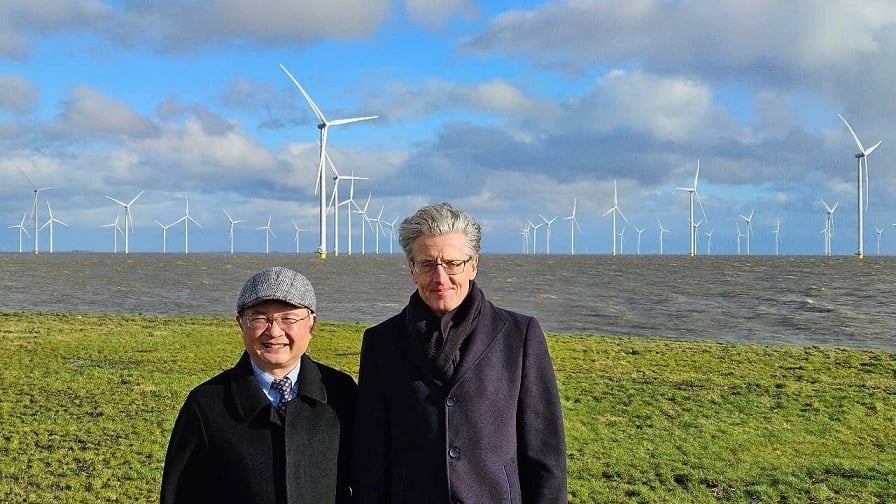
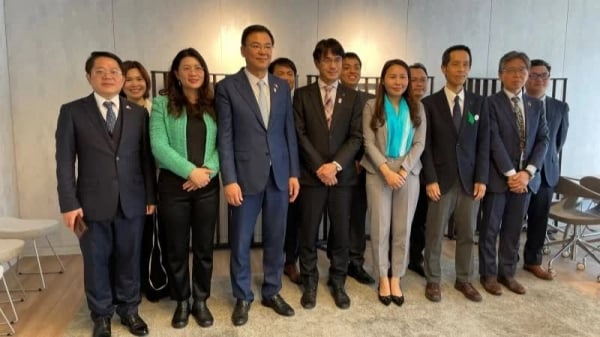
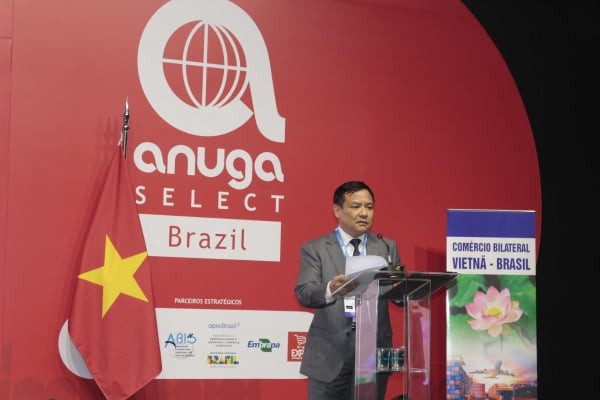







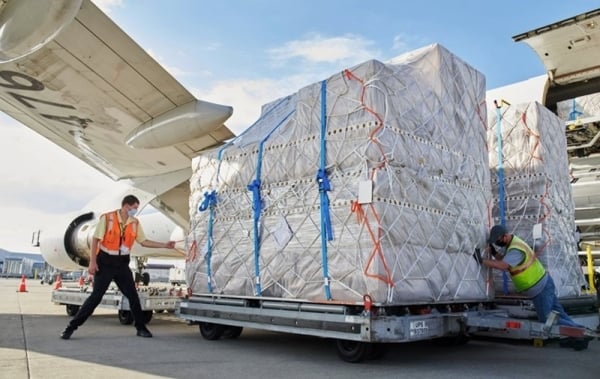



![[Photo] "Beauties" participate in the parade rehearsal at Bien Hoa airport](https://vstatic.vietnam.vn/vietnam/resource/IMAGE/2025/4/11/155502af3384431e918de0e2e585d13a)










































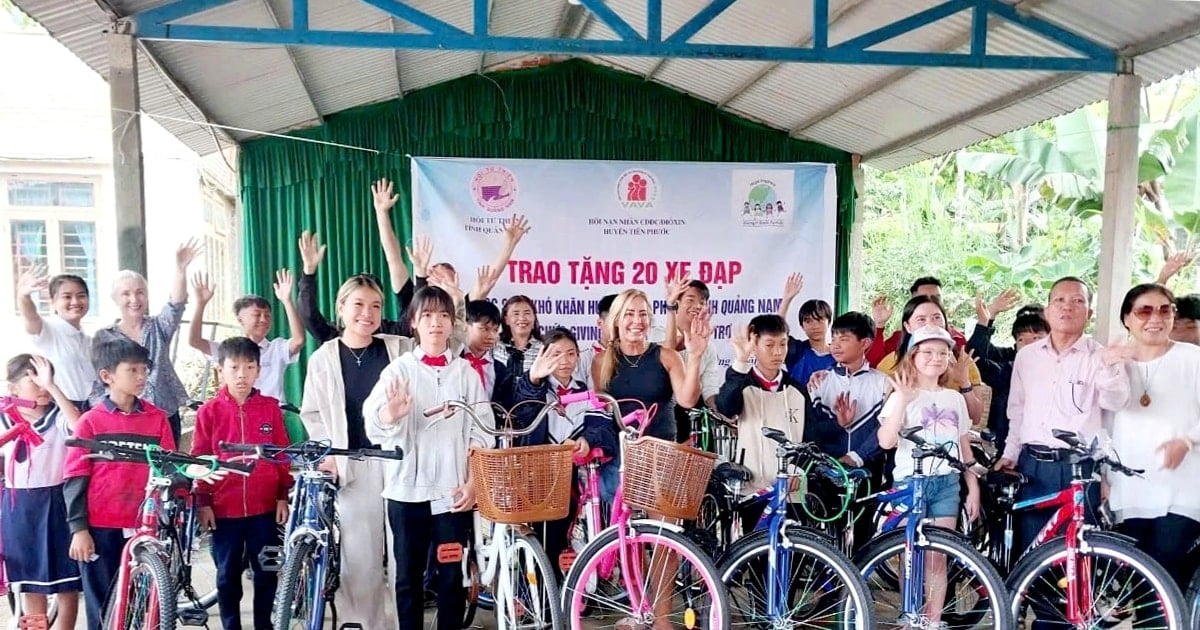

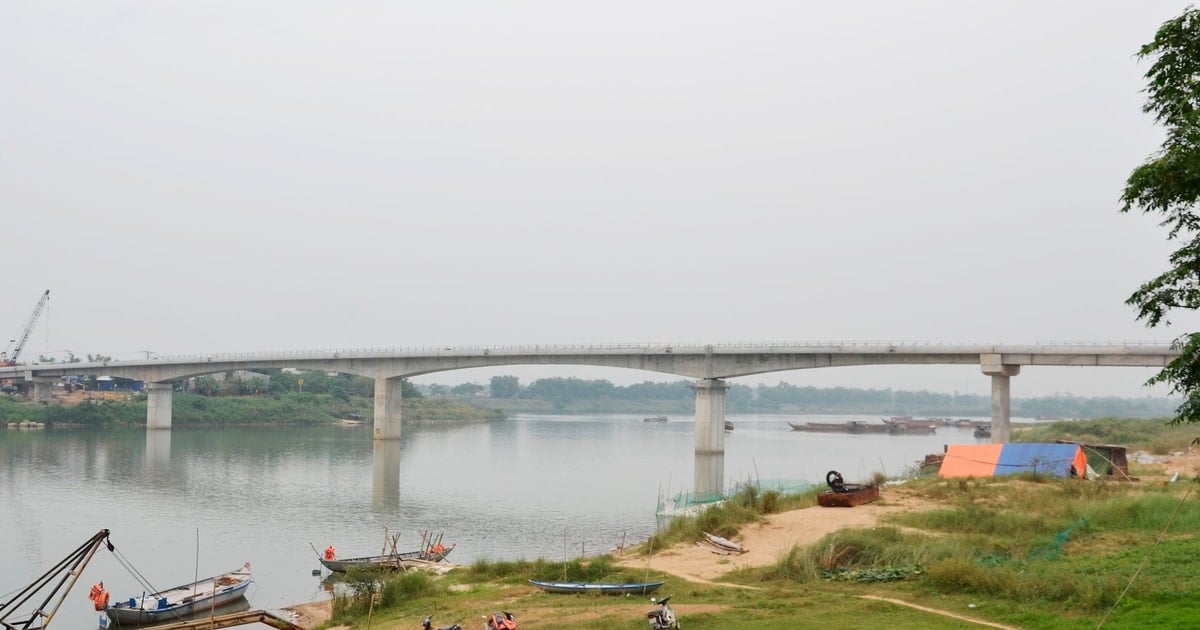
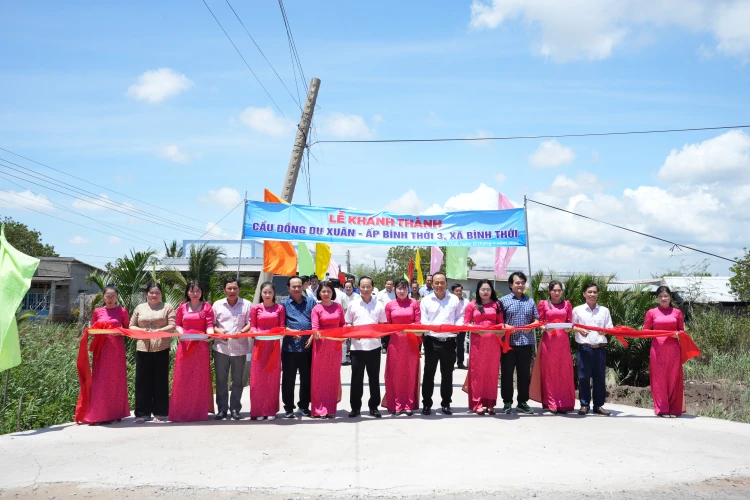

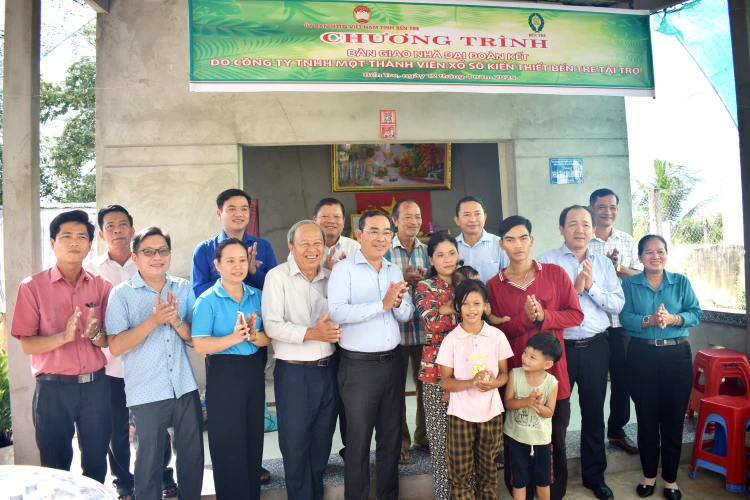
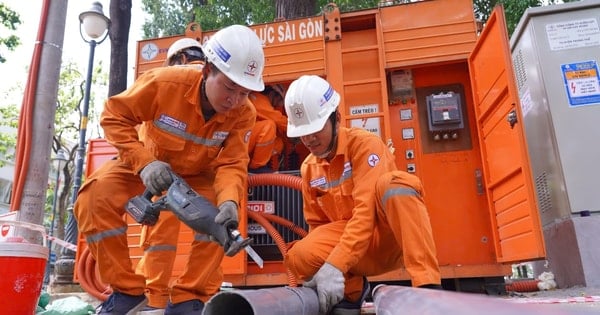













Comment (0)